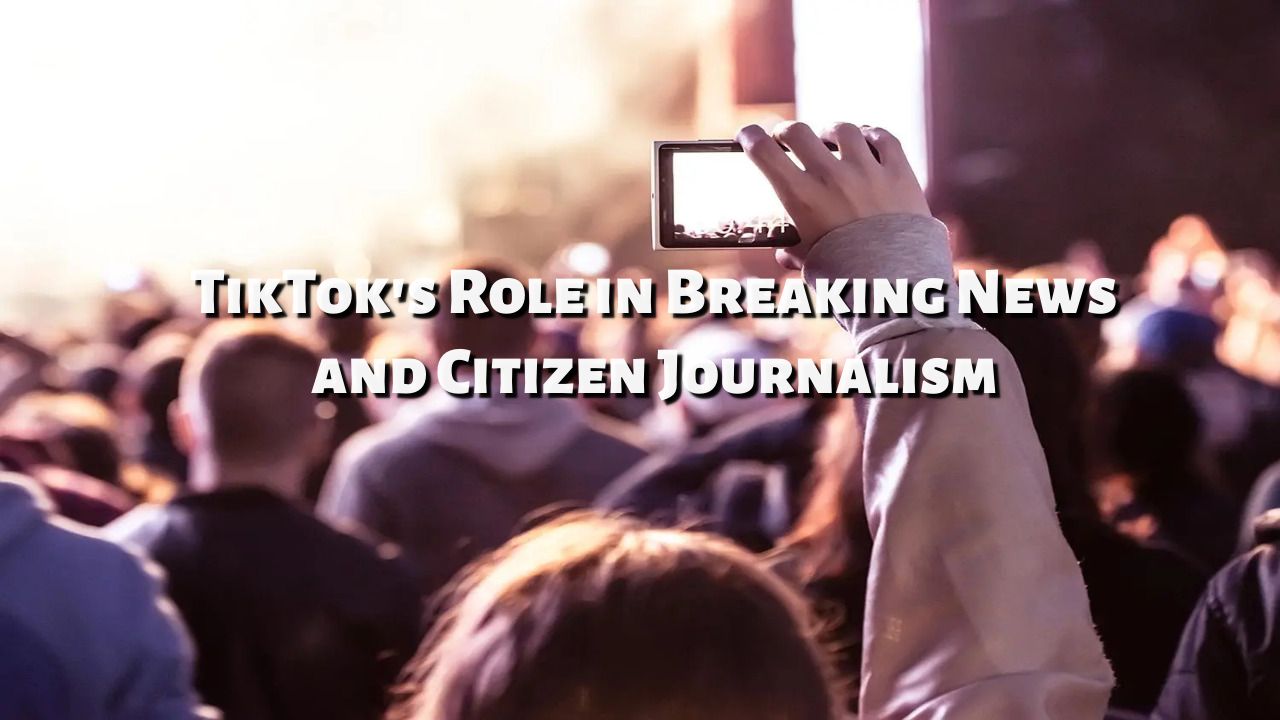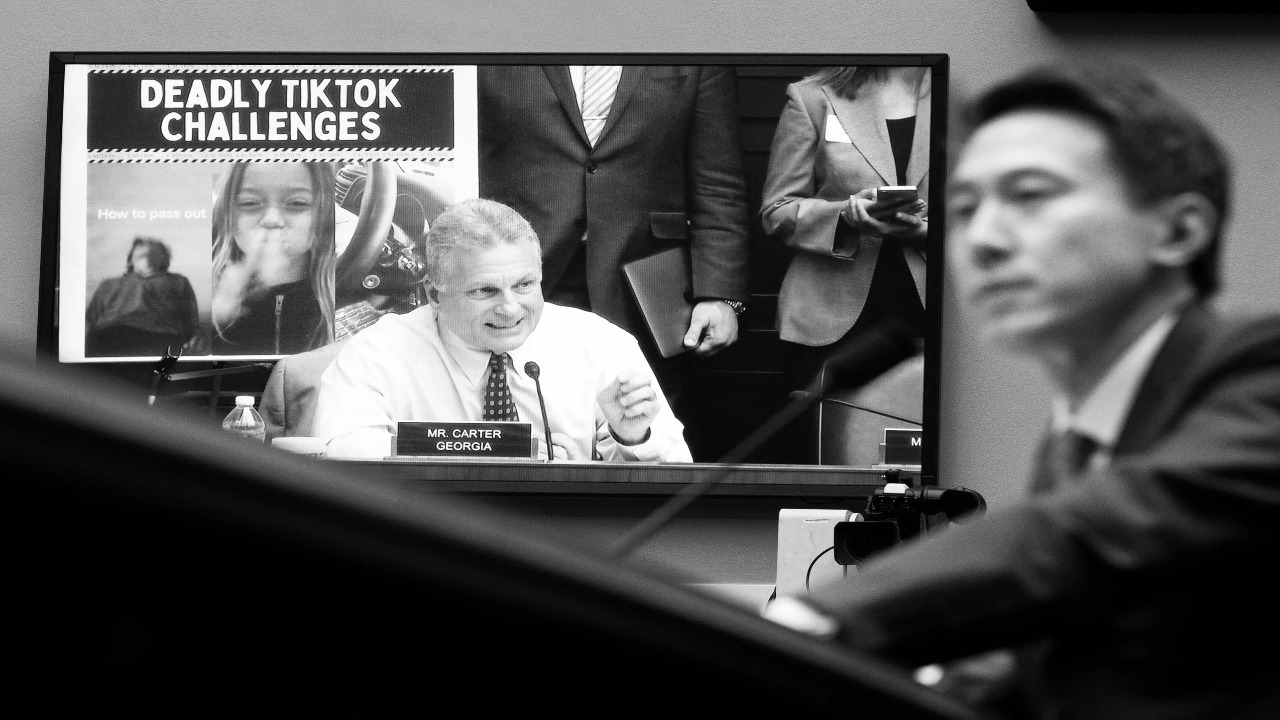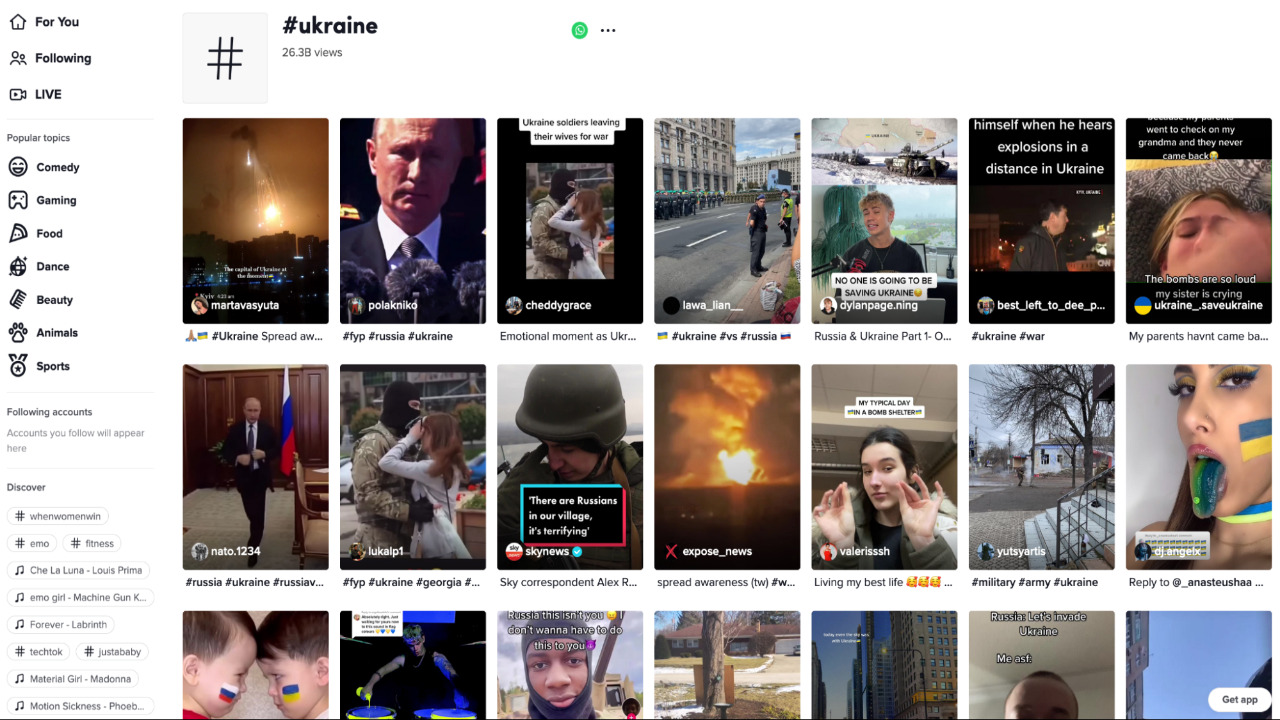
Over the past few years, TikTok has risen as a dominant force in the realm of social media, offering more than just entertainment value. It has become a notable platform for spreading up-to-the-minute news and fostering citizen journalism. With its user-friendly interface, short-form videos, and wide reach, TikTok has become an important tool for individuals to share real-time updates and express their perspectives on various events. This article explores TikTok’s role in breaking news and citizen journalism under four subheadings: Immediate Reporting, Amplifying Underrepresented Voices, Fact-Checking Challenges, and Ethical Considerations.
Immediate Reporting

TikTok has revolutionized the way breaking news is reported by enabling users to capture and share real-time events as they unfold through TikTok video views. Its short video format allows for quick and concise updates, making it ideal for on-the-spot reporting. Users can document incidents, protests, or other newsworthy events and upload their videos within minutes, providing a glimpse into events that may not have received immediate attention from traditional news outlets. TikTok’s algorithm also plays a crucial role by quickly disseminating such content to a wider audience, ensuring that breaking news reaches people across the globe in a matter of seconds.
Amplifying Underrepresented Voices
One of the key strengths of TikTok is its ability to amplify underrepresented voices and shed light on important social issues, allowing TikTok followers to buy into these stories.. Citizen journalists from marginalized communities can use TikTok as a platform to share their stories and highlight the injustices they face. By giving a voice to those traditionally ignored or overlooked by mainstream media, TikTok empowers individuals to become citizen journalists and create awareness about issues that are often underreported. This democratization of news has the potential to challenge dominant narratives and bring attention to social issues that would otherwise go unnoticed.
Fact-Checking Challenges

While TikTok has provided a platform for citizen journalists, it also poses challenges in terms of verifying the accuracy and authenticity of the information being shared. Due to its format and rapid dissemination, misinformation and unverified claims can spread quickly on TikTok. Fact-checking becomes crucial to ensure that false information does not gain traction. However, fact-checking on TikTok can be challenging, as videos are often short and lack detailed context. The responsibility falls on both the platform and the users to promote accurate reporting and reliable sources to combat the spread of misinformation.
Ethical Considerations
TikTok’s role in breaking news and citizen journalism raises ethical considerations. As citizen journalists navigate the platform, they must consider issues of privacy, consent, and the potential impact their videos can have on individuals involved in a given situation. Additionally, journalists must adhere to ethical principles, such as reporting impartially and ensuring accuracy, even in the fast-paced environment of TikTok. The platform itself also has a responsibility to implement policies and guidelines that promote ethical journalism and safeguard against the misuse of its features.
In conclusion, TikTok has emerged as a powerful platform in the realm of breaking news and citizen journalism. Its short-form videos and wide reach allow for immediate reporting and the amplification of underrepresented voices. However, challenges such as fact-checking and ethical considerations must be addressed to ensure the accuracy and integrity of the information shared. As TikTok continues to evolve, it will play an increasingly influential role in shaping how breaking news is reported, and citizen journalism is practiced in the digital age.



